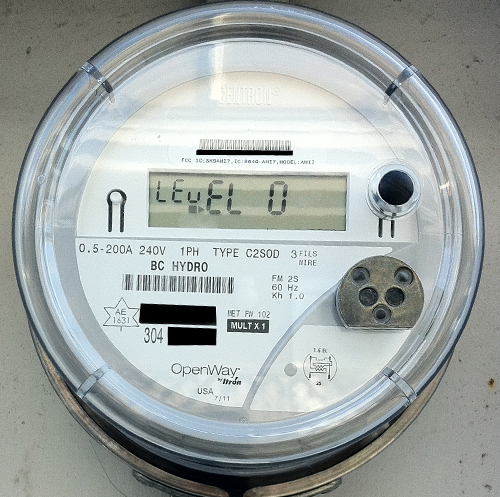Today marks the end of the winter disconnection ban for residential customers. Customers who are in arrears may have already received a disconnection notice from their distributor in April and should know that there are rules and programs in place to protect them.
Under the Ontario Energy Board’s winter disconnection ban, regulated electricity and natural gas distributors cannot disconnect residential customers for non-payment between November 15 and April 30.
Customers who receive a disconnection notice should contact their natural gas or electricity distributor as soon as possible. The best way for these customers to avoid disconnection is to stay in contact with their distributor. Customers who can’t pay the entire amount owed can ask their distributor about setting up a payment plan to pay their bill over a longer period.
Customers should be aware that distributors must follow a step-by-step process before disconnecting a residential or small business customer for non-payment, including minimum notice periods.
If service is disconnected, the distributor is allowed to charge a reconnection fee to turn your service back on but must offer reasonable payment arrangements to customers unable to pay this fee. Eligible low-income customers do not have to pay the reconnection fee.
Once the bill has been paid in full, or a customer has entered into a payment agreement, the customer should generally expect the distributor to reconnect their service within two business days.
In Ontario, programs are available to help low-income energy consumers. Certain eligibility criteria apply. The programs include:
- The Ontario Electricity Support Program – Reduces electricity bills by providing eligible low-income customers with an on-bill credit each month, generally ranging from $35 to $75 depending on household income and size.
- The Low-income Energy Assistance Program, Emergency Financial Assistance (LEAP) –Eligible low-income customers can get up to $500 for their electricity bills ($600 if the home is electrically heated) and up to $500 for their natural gas bills.
- Temporary changes to the screening guidelines for LEAP, put in place in 2021 to help support Ontarians through the COVID-19 pandemic, will continue to provide flexibility through 2023. This means:
- your energy bill must be in arrears, but you do not need to be in threat of disconnection or have been disconnected, and
- you can apply more than once per year, provided that the total amount received by your household does not exceed the maximum annual grant amounts.
- Customer Service Rules for Low-income Consumers – Electricity distributors, unit sub-meter providers and rate-regulated natural gas distributors follow customer service rules specific to eligible low-income customers. These include waiving security deposits and allowing longer payment times under arrears payment plans.
Customers can find out more about the specifics of each program, including eligibility criteria, by visiting oeb.ca/billhelp.
The Save on Energy Energy Affordability Program provides support to income-eligible electricity consumers by helping them to better manage their monthly electricity costs and to increase their home comfort through energy efficiency measures.
Consumers should always beware of anyone claiming to represent their distributor and threatening immediate disconnection. This could be a scam. Regulated electricity and natural gas distributors must provide their residential and small business customers with notice before disconnecting them, and they do not accept payment through gift cards or bitcoin. Customers should always know who they are dealing with. Be wary of emails or texts claiming to be from your distributor. Customers are urged to reach out to their distributor directly, using the contact information on their distributor bill.








